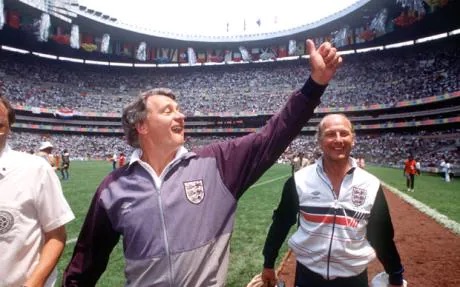7 Most Iconic England Managers of All Time
In honor of the late Sven-Göran Eriksson, we reflect on some of England’s most legendary football managers and their lasting contributions to the sport.
Becoming a football manager in the high-stakes world of international football is no easy task. Over the years, both England’s men’s and women’s national teams have been shaped by a number of influential managers. Some have led the teams to glorious victories, while others have revolutionized how the game is played.
Here, we take a look at seven of the most iconic managers in England’s football history.
1. Sven-Göran Eriksson (2001-2006)
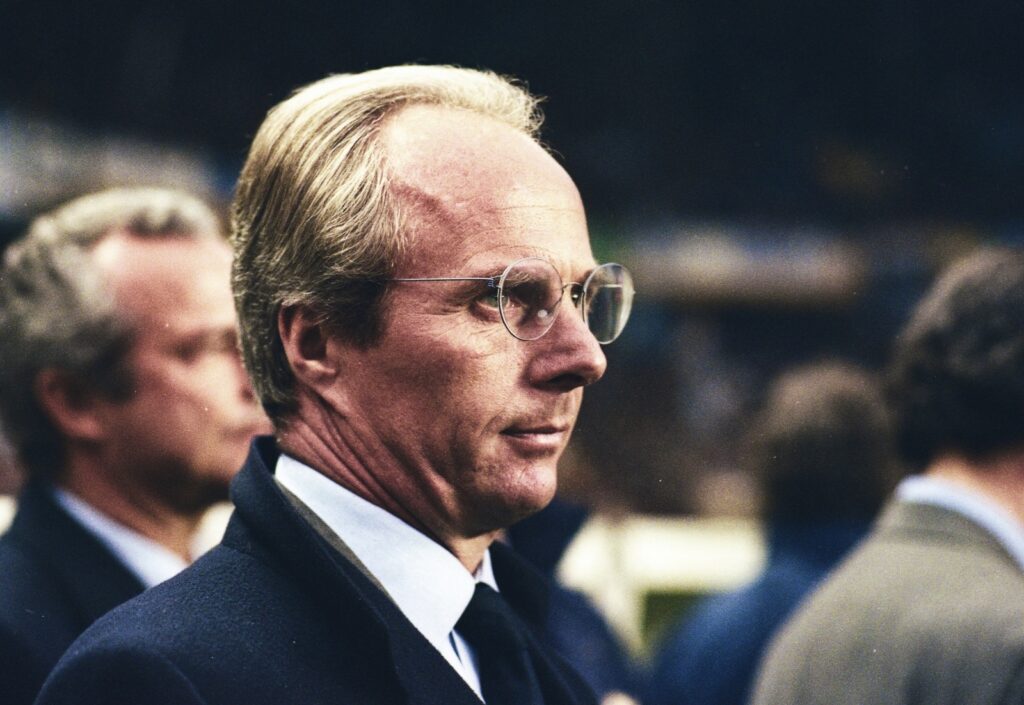
Sven-Göran Eriksson, affectionately called ‘Svennis’ in Sweden, is remembered as one of the most iconic figures in England’s football history. He made headlines as the first foreign manager of the national team, introducing new strategies and a professional rigor that left a lasting mark.
During his tenure, Eriksson maintained a consistent level of performance, guiding England to the knockout stages of several major international tournaments. Managing top players like Michael Owen, David Beckham, and Steven Gerrard, he fostered a team that performed admirably on the world stage.
His achievements include reaching the quarterfinals of the 2002 and 2006 World Cups, as well as Euro 2004. Eriksson passed away on August 26, 2024, leaving behind an enduring legacy in the world of football.
2. Sir Alf Ramsey (1963-1974)
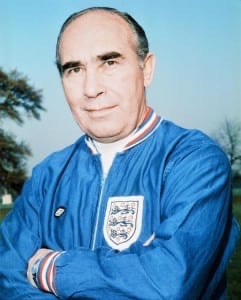
Sir Alf Ramsey is widely regarded as England’s greatest football manager, having delivered the country’s most significant football achievement—winning the 1966 World Cup. A former player for Southampton and Tottenham Hotspur, Ramsey’s leadership and innovative tactics transformed England’s team into world champions.
Under his guidance, England triumphed on home soil in 1966, a feat that remains unmatched. Ramsey’s tactical vision and commitment to building a disciplined team cemented his place in football history.
3. Sarina Wiegman (2021-present)
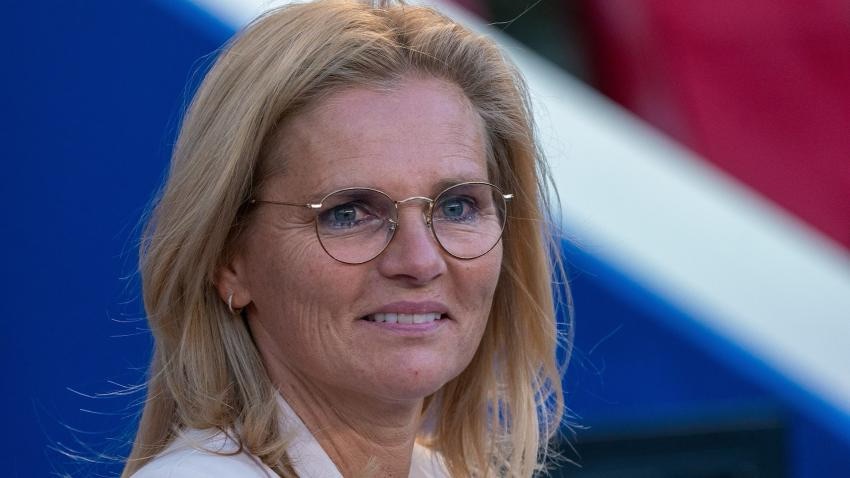
The England women’s national team has had several notable managers over the years, but Sarina Wiegman is quickly establishing herself as one of the most iconic. She led England to a historic triumph at the UEFA Women’s Euro 2022, securing the Lionesses’ first major trophy.
With her sharp tactical approach and emphasis on team unity, Wiegman also guided the team to the final of the 2023 FIFA Women’s World Cup, where they narrowly missed out on the title. This marked the first time England’s women’s team had ever reached a World Cup final, solidifying her legacy as a transformative figure in English football.
4. Terry Venables (1994-1996)
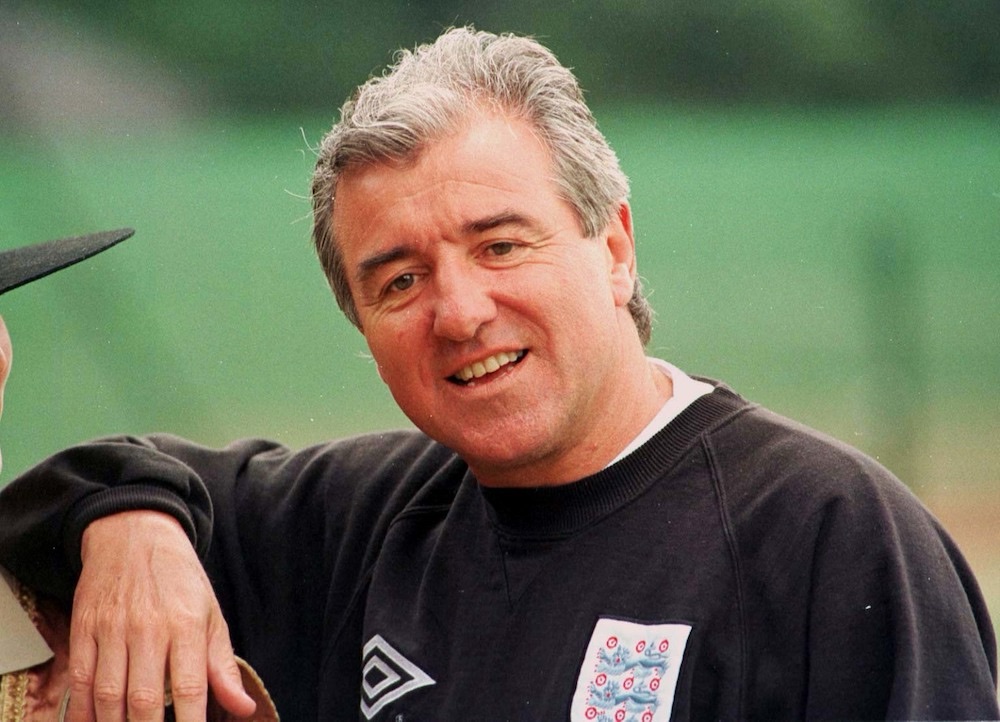
Terry Venables took charge of the England men’s team from 1994 to 1996, a period remembered for his tactical flexibility and ability to adapt to his players’ strengths. His leadership saw England reach the semifinals of Euro 1996, the first time the team had come so close to a major trophy since their 1966 World Cup win. Though they were narrowly defeated in the semis, Venables revitalized the team, instilling a renewed sense of pride and unity that inspired English football for years.
5. Gareth Southgate (2016-2024)

Gareth Southgate became England’s manager in 2016, tasked with reshaping a team weighed down by past disappointments. Under his calm and methodical guidance, England reached the semifinals of the 2018 World Cup, their best result in nearly three decades. He then led the team to consecutive European Championship finals in 2021 and 2024, narrowly missing out on victory both times. Southgate is widely praised for his leadership, his skill in handling media pressure, and his development of young talent, bringing England closer to football glory than they had been in years.
6. Hope Powell (1998-2013)
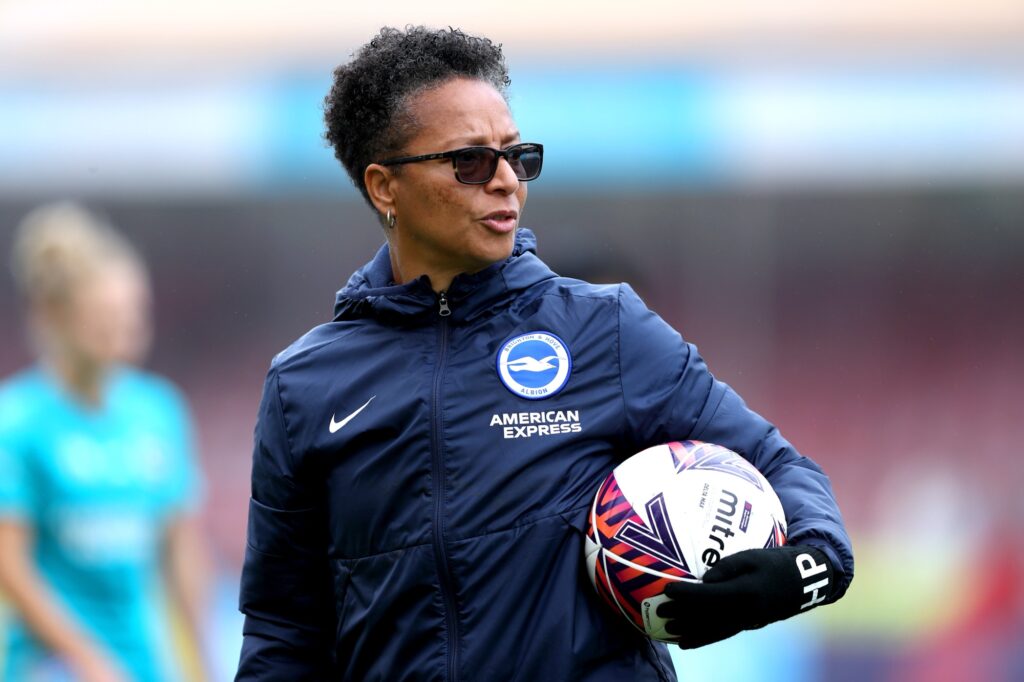
Hope Powell’s 15-year tenure as England women’s manager marked a turning point in the team’s history. She elevated the professionalism of the women’s game and inspired a generation of female footballers. Under her leadership, England reached the knockout stages in two World Cups (2007 and 2011) and finished as runners-up in the 2009 Women’s Euros. Powell’s impact extended beyond her results, as she played a critical role in growing the women’s game and laying the groundwork for future successes.
7. Bobby Robson (1982-1990)
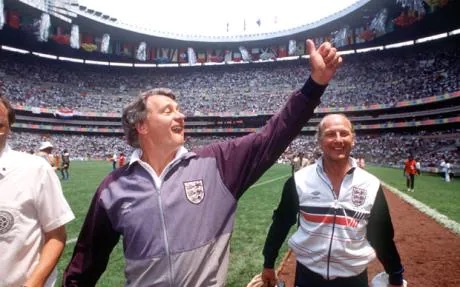
Sir Bobby Robson remains one of the most beloved figures in English football. Taking the reins in 1982, he led the team through two World Cups, with his greatest achievement being England’s dramatic run to the semifinals of the 1990 World Cup. Although the team fell just short, losing to West Germany, Robson’s leadership brought the nation together and left a lasting legacy. His deep bond with both fans and players has cemented his place as an enduring icon in English football history.
